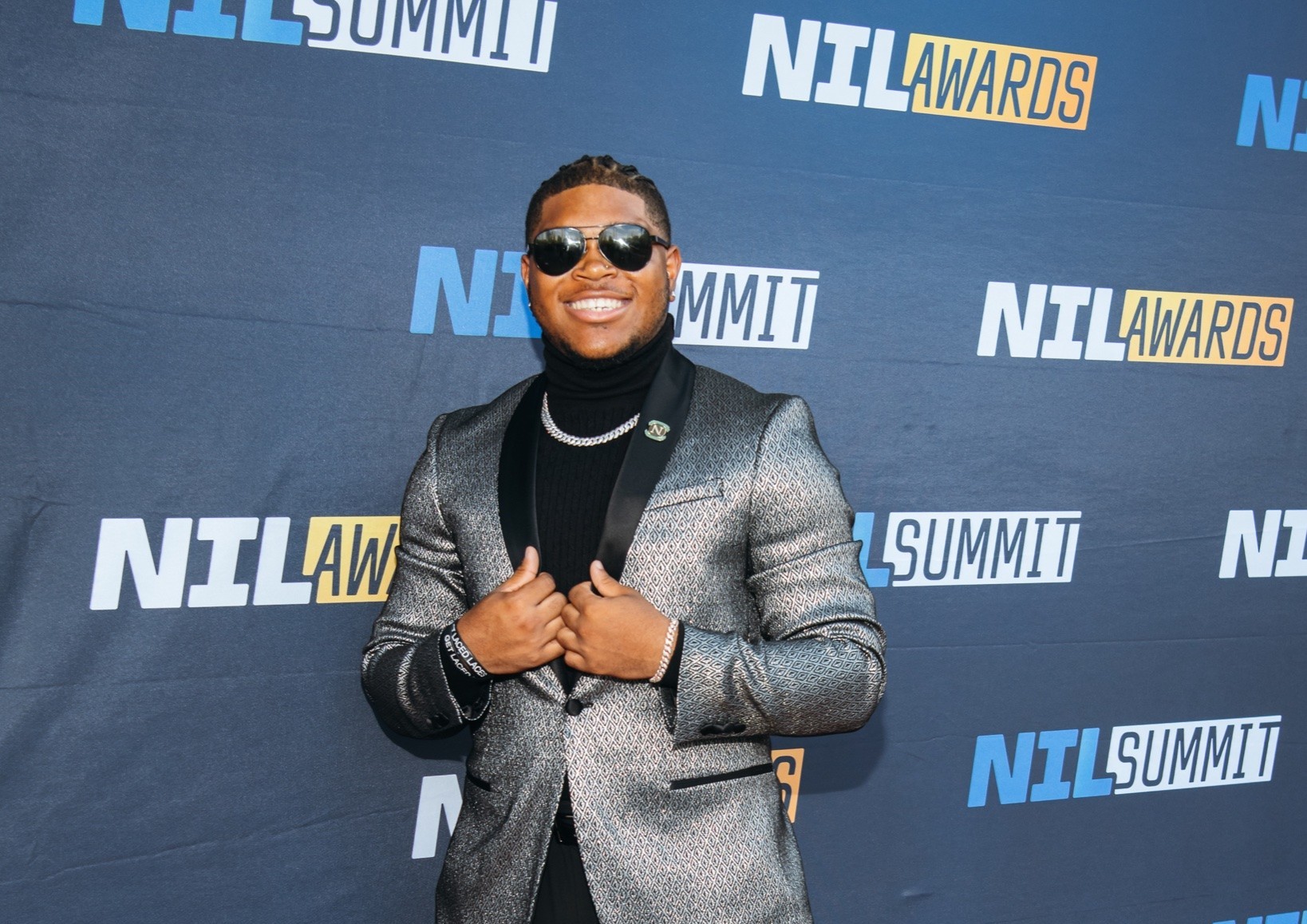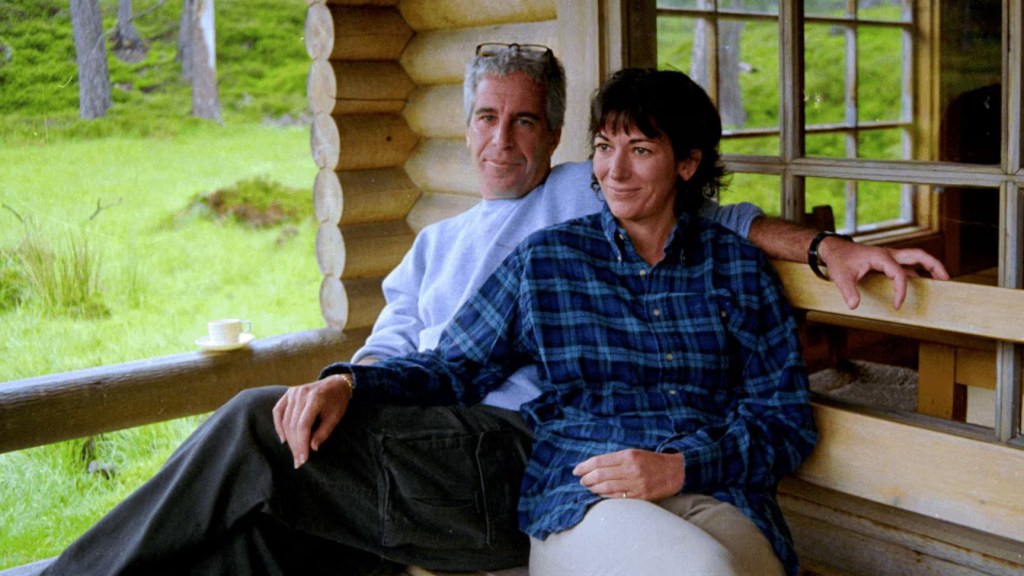Over the past year, million-dollar deals, high-profile endorsements, and NIL collectives have stolen most of the headlines. But those aren’t the only approaches to NIL — from NAIA to the NCAA’s Power 5, athletes have used a variety of strategies to cash in.
Front Office Sports asked several athletes how they’ve gone about NIL: Tons of small deals? A few major endorsements? A set of endeavors to build a brand? A combination?
One size doesn’t fit all. But the factors athletes considered included not just their bank accounts and long-term career aspirations, but also the amount of time and energy they’ll have in a day — after sports and school are done. Multiple athletes also said they’d love fewer, more lucrative partnerships that align with their personal brands and values.
From 70 endorsements to one-deal-at-a-time, here are three paths athletes have taken to capitalize on the first year of NIL — and what they hope next year will look like.
‘The King of NIL’
Norfolk State football player and track athlete Rayquan Smith has been informally dubbed “The King of NIL” for signing a whopping 70 NIL deals in one year. Smith has proven that HBCU athletes have tremendous value to brands — without a Power 5 platform — and that perseverance can literally pay off.
Smith didn’t have brands knocking down his door when NIL started — so he sent out 100 emails pitching himself to companies. He only got three responses, but was able to ink a partnership with one company: Smart Cups. Two weeks later, he signed with an agent.
“After that, we just took off,” he told Front Office Sports at the first inaugural NIL Summit.
Now, brands line up to work with Smith. He evaluates them based on the quality of the product or company.
As a two-sport athlete and student, Smith’s NIL portfolio seems overwhelming. His key to time management: not procrastinating, and keeping his content creation simple. “When an idea comes to me, I just do it. I do it right then and there,” he said.
Ideally, Smith would love to have five “big deals” in the future. “But that’s not the case, cause I’m at a small school. So I have to prove myself to other companies — that I’m worthy of having a big amount of money.”
The D-III Athlete Mentor
For Wesleyan soccer player Andrea Chiappetti, NIL has become a part of her college life, but it’s not a focal point.
Chiappetti’s approach shows that one way athletes can take advantage of NIL is simply by treating it as their part-time job. She’s doing one deal at a time so she can balance school, sports, and getting an income.
This year, Chiappetti has been working with Next Step Mentoring, a company that connects current college athletes with younger students looking to navigate the complex college recruitment process. Chiappetti found the company through a personal connection and decided it would be a great fit.
“I never received the help I felt like I needed,” she told Front Office Sports, and wanted to provide those resources to the next generation.
Now, she does video calls with high school students and their families, gets paid on a consistent basis, and can make her own schedule.
Even as a Division III athlete, Chiappetti could do other deals if she wanted. She said she’s been contacted by other brands, but “they didn’t really catch my attention.”
For her, doing one NIL deal at a time works best. In the future, she’d consider doing other deals, but wouldn’t want them to overlap.
She noted that being a college athlete is like a “job” in and of itself: “I didn’t want to stretch myself too thin.”
The Sports-Nutrition Influencer
Duke runner Emily Cole started building her brand in high school, before the NIL era. Her family would remind her that the life of a distance runner isn’t “normal” — and that followers would be interested in her day-to-day. So she started sharing her training and nutrition.
Now, she has more than 65,000 followers on Instagram and has built a notable brand.
“I always think about what ‘middle school’ Emily would have loved to see from a college athlete,” she told Front Office Sports at the NIL Summit. “When I started changing my nutrition and really learning how to feel better, I completely changed my trajectory as an athlete.”
Cole wrote a sports nutrition book called “The Players’ Plate” that is publishing in September, and has done multiple endorsement deals — some of which directly relate to that persona.
She would love to establish an NIL portfolio that includes a smaller number of “longer-term partnerships that are aligned with my brand.”
After college, Cole sees her NIL work as the early building blocks of a potential career. “Because it’s something I’m so passionate about, it’s something that I absolutely would love to be involved in.”
July 1 marks the one-year anniversary of the NIL era. For more, check out the rest of Front Office Sports’ “One Year of NIL” series:

![[Subscription Customers Only] Jul 13, 2025; East Rutherford, New Jersey, USA; Chelsea FC midfielder Cole Palmer (10) celebrates winning the final of the 2025 FIFA Club World Cup at MetLife Stadium](https://frontofficesports.com/wp-content/uploads/2026/02/USATSI_26636703-scaled-e1770932227605.jpg?quality=100&w=1024)















